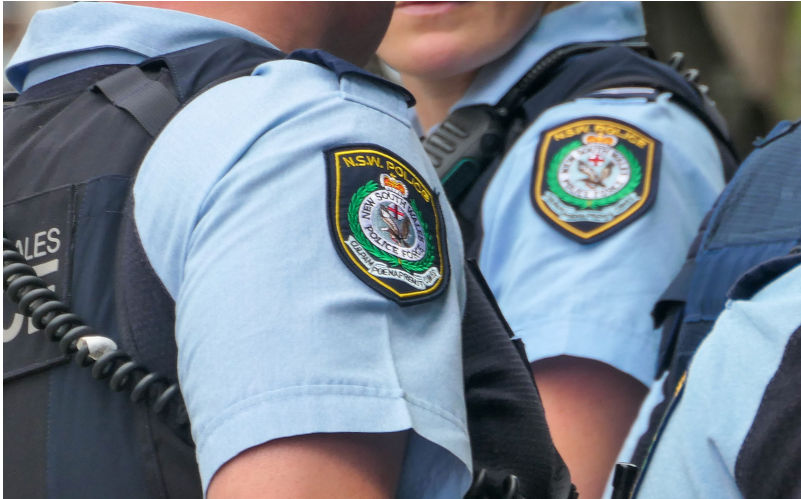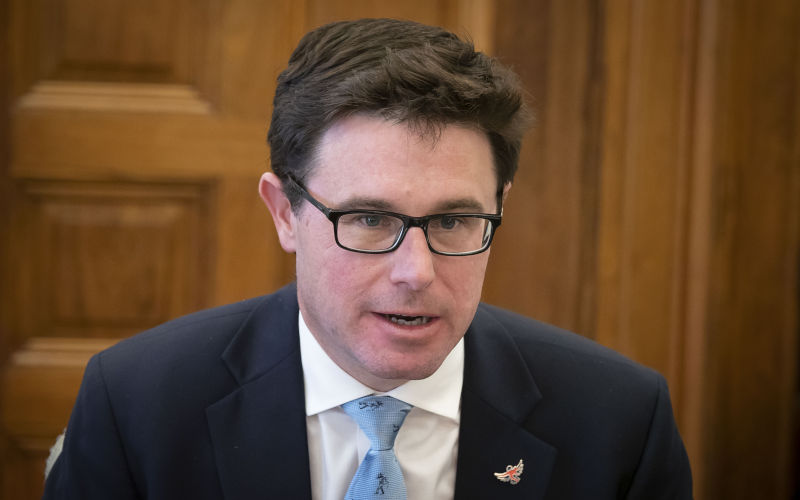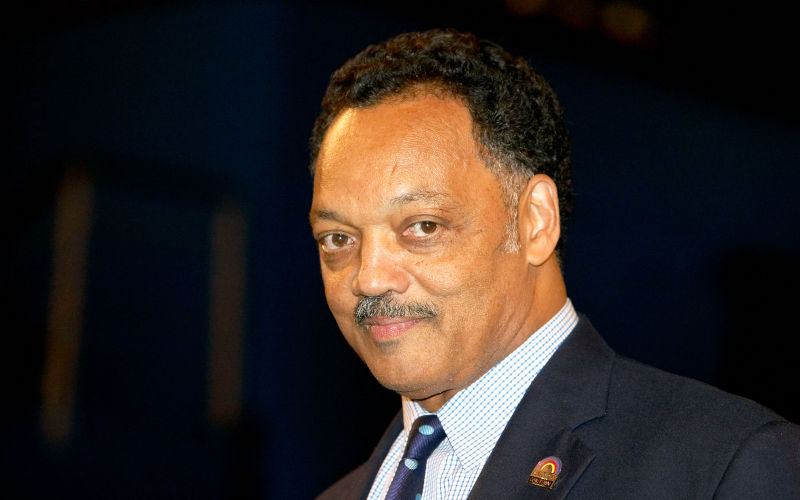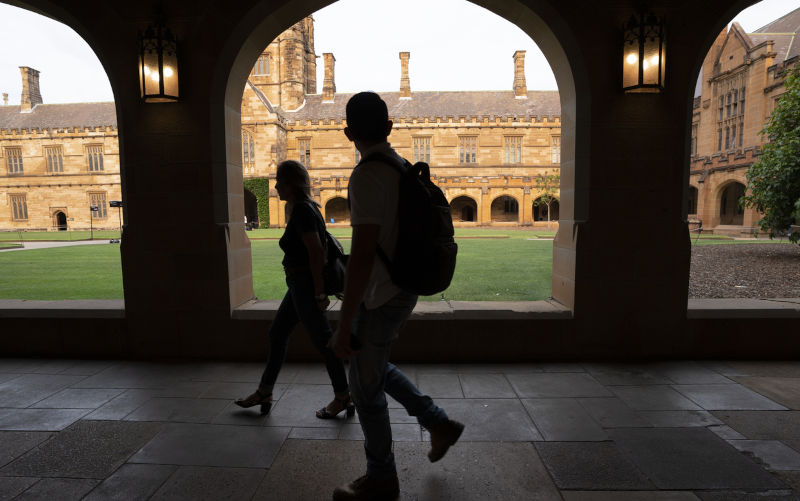
Pearlcasts
As we review 2025, the temptation is to look for neat summaries and settled conclusions.
Go to Pearlcasts
23 February 2026
Islamophobia and strategic blindness: Australia in the Asian century
Australia seeks deeper integration with Asia while continuing to send cultural and political signals that undermine trust among its closest neighbours. In a region shaped by Islam, history and proximity, this contradiction carries strategic consequences.

22 February 2026
When Ramadan and Lent overlap, faiths move in parallel
As Ramadan and Lent unfold simultaneously across Asia, Muslim and Christian communities move through parallel seasons of fasting, prayer and charity – shaping public life in subtle but significant ways.
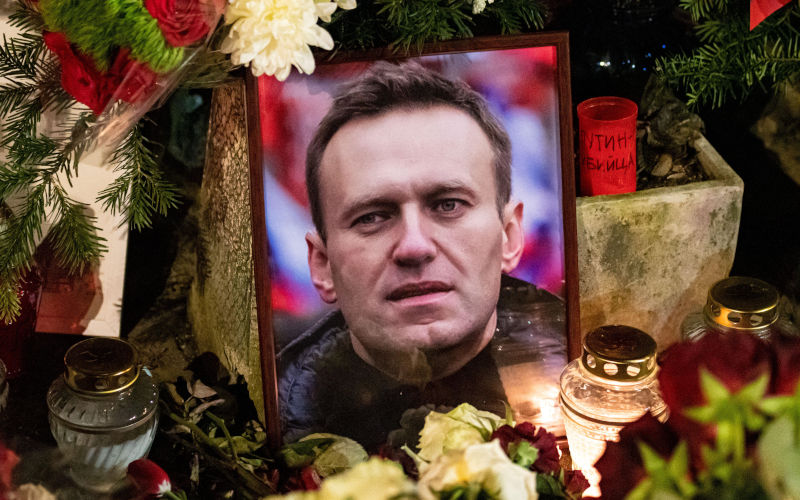
22 February 2026
A history of assassination reveals how ‘targeted killings’ became an extension of state power
Targeted killing has shifted from a tactic governments disavowed to one they increasingly acknowledge and promote. A new history traces how assassination became embedded in modern state power.

22 February 2026
Environment: State-owned fossil fuel companies dominate CO2 emissions
16 state-owned fossil fuel companies top the CO2 emission charts, nations need to be rich to electrify and need to electrify to get rich, and Norway drives the EV boom.
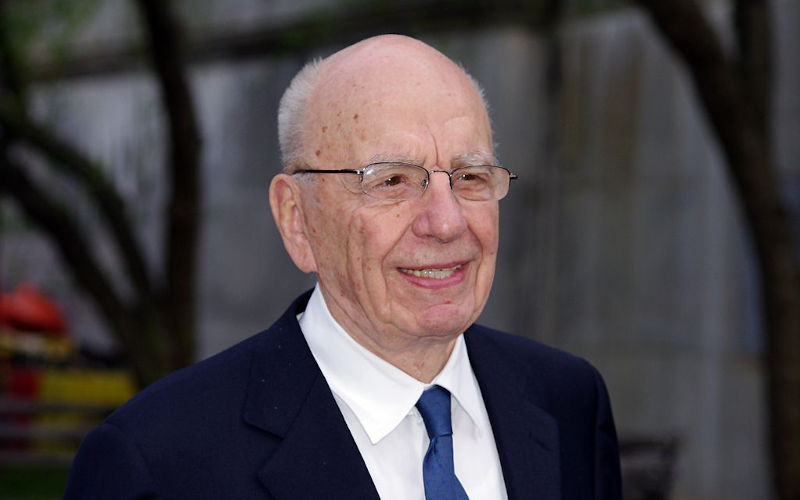
22 February 2026
How Vietnam reshaped Murdoch’s politics – and The Australian
The Australian’s coverage of the Vietnam War shifted as Rupert Murdoch’s political alliances hardened, revealing how editorial direction followed power more than events on the ground.
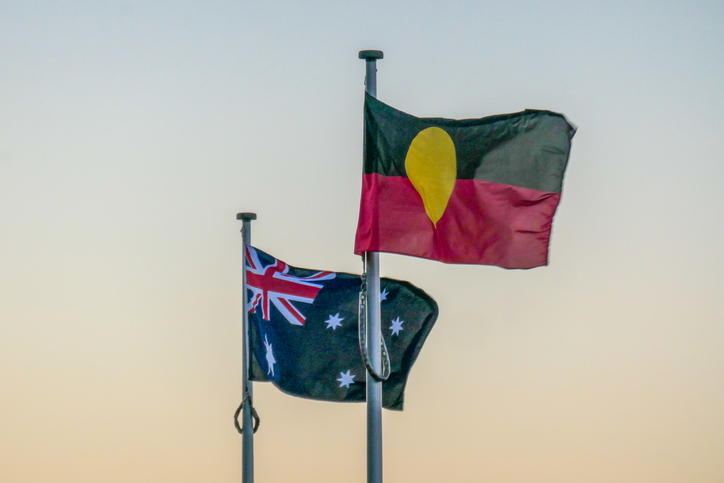
22 February 2026
Reconciliation begins with education
Eighteen years after the National Apology to the Stolen Generations, the failure of the Voice referendum exposed how little many Australians know about the violence that followed colonisation – and why education remains central to reconciliation.
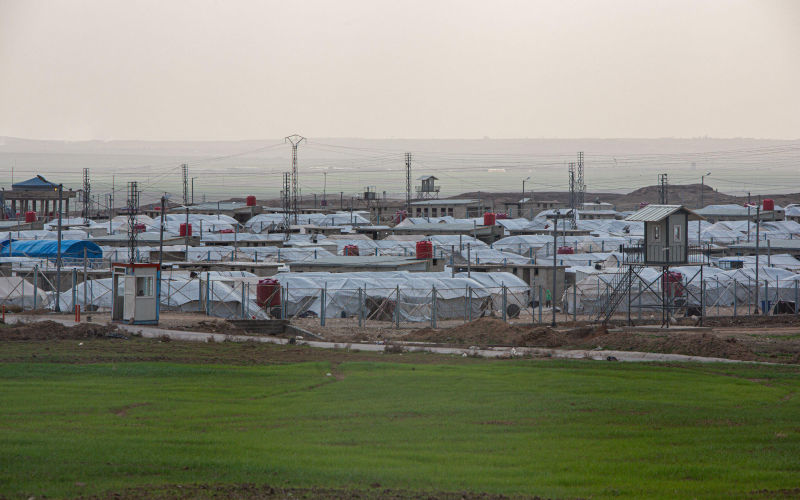
21 February 2026
Bring these Australian children home, PM. They did not make their own beds
Dozens of Australian women and children remain trapped in dangerous detention camps in north-east Syria, despite Australia’s legal obligations, available security powers, and repeated international requests for repatriation.

21 February 2026
Message from the Editor
I gasped in disbelief when I heard our Prime Minster invoke his beloved mother, when blocking the return of family members of ISIS fighters to Australia this week. He said: “My mother would have said, ‘If you make your bed, you lie in it’. And he doubled down the next day, saying of the 11 women and 23 children: “I have nothing but contempt for these people.”
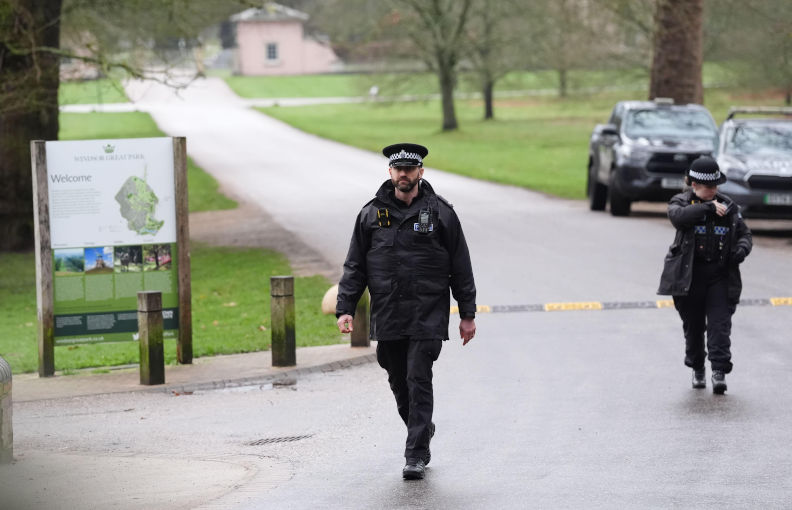
21 February 2026
Prince Andrew arrested – why not King Trump?
If no one is above the law in the UK, not even royalty, presumably no one is above the law in the US, not even a president.
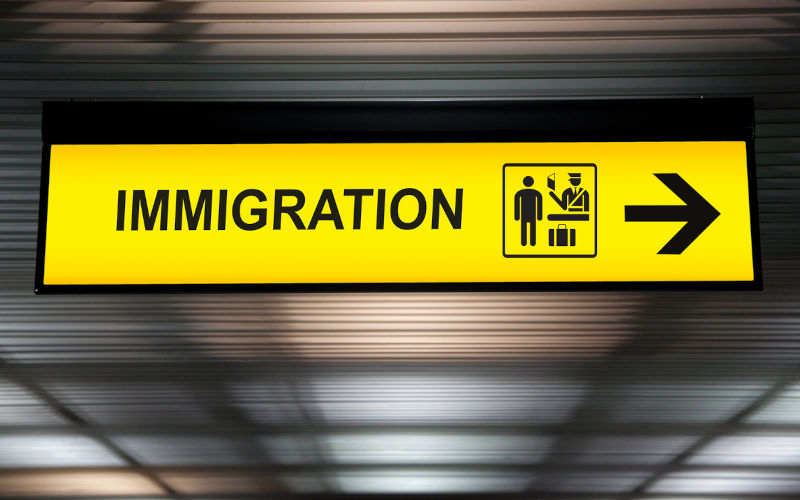
21 February 2026
Let’s not turn back the clock on immigration
Australia needs a forward-looking, evidence-based immigration policy from the Liberal Party. They should drop the slogans, fear mongering and backward-looking thinking.

21 February 2026
Australia’s renewable surge leaves energy politics behind
New data shows Australia’s renewable energy transition has passed a tipping point – with wind, solar and batteries now supplying half the national grid and rapidly expanding.
Read our series
Latest on Palestine and Israel

23 February 2026
Islamophobia and strategic blindness: Australia in the Asian century
Australia seeks deeper integration with Asia while continuing to send cultural and political signals that undermine trust among its closest neighbours. In a region shaped by Islam, history and proximity, this contradiction carries strategic consequences.
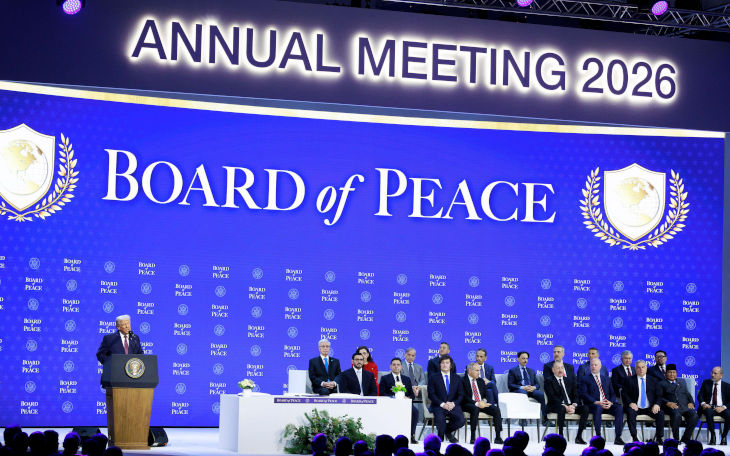
21 February 2026
Board of Peace plans 5,000-person military base in southern Gaza
Leaked contracting documents detail plans by the Board of Peace to build a large military base in southern Gaza, including armoured towers, bunkers and a “Human Remains Protocol”.

20 February 2026
Dual nationals in Israel’s military face growing legal scrutiny over Gaza
Newly released data shows that tens of thousands of Israeli soldiers hold foreign citizenship, placing Western nationals directly within the scope of international war crimes law over Gaza.

19 February 2026
The ceasefire as a weapon: the genocide in Gaza continues in silence
Killings, arrests, displacement and aid restrictions have continued under the ceasefire. The violence has not ended – it has been reorganised and made less visible.

18 February 2026
Muslim women face violence, prejudice, exclusion
Reported Islamophobic attacks in Australia have surged dramatically, with Muslim women overwhelmingly targeted. The failure of political leaders and institutions to respond meaningfully is deepening fear, trauma and exclusion.
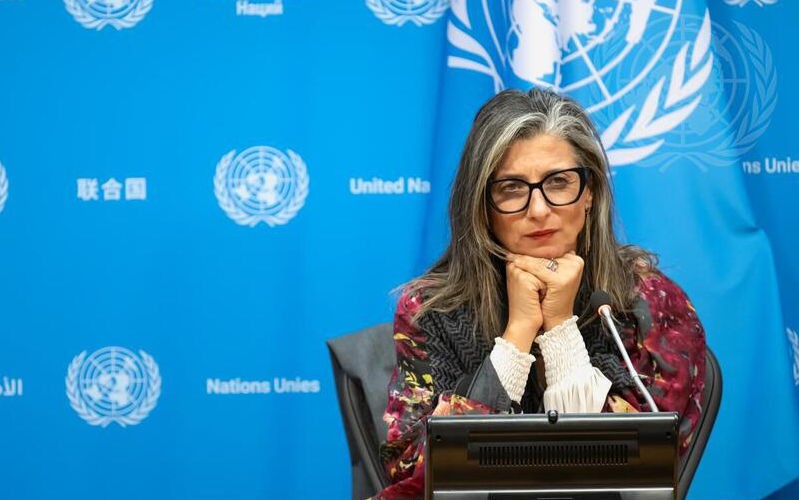
17 February 2026
UN defends Rapporteur after coordinated European pressure campaign
UN warns of attacks on independent experts after European states target rapporteur over disputed Gaza remarks and sanctions.

13 February 2026
Iran’s comprehensive peace proposal to the United States
A regional peace settlement grounded in Palestinian statehood, international law and mutual security guarantees offers a real alternative to perpetual conflict.
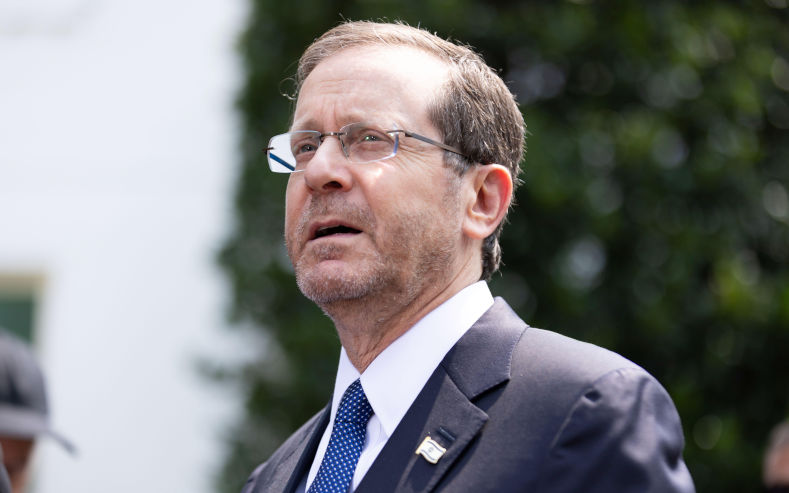
12 February 2026
The Herzog visit and the Israelisation of antisemitism
Inviting Israel’s president to Australia in the wake of the Bondi attack has blurred the line between antisemitism and legitimate criticism of Israel, weakening rather than strengthening social cohesion.

Israel's war against Gaza
Media coverage of the war in Gaza since October 2023 has spread a series of lies propagated by Israel and the United States. This publication presents information, analysis, clarification, views and perspectives largely unavailable in mainstream media in Australia and elsewhere.
Download the PDFLatest on China
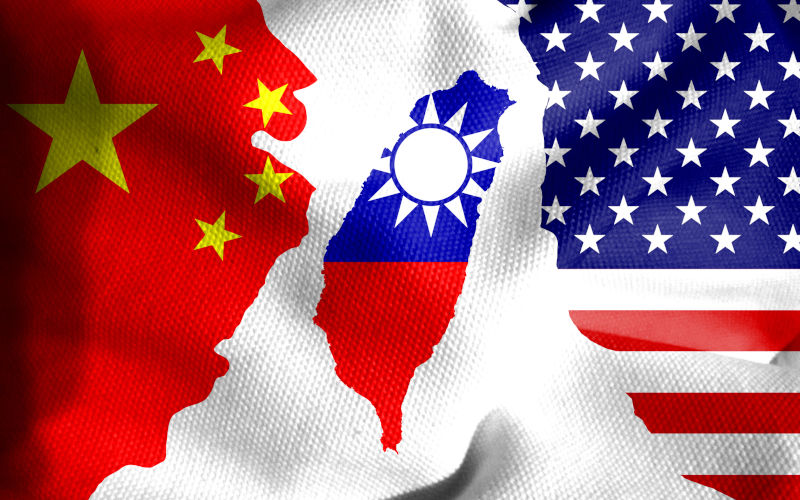
16 February 2026
Playing deputy sheriff on Taiwan comes with costs Australia will wear
Calls for Australia to take a more forward-leaning stance on Taiwan repeat a familiar pattern – moral symbolism paired with strategic vagueness. Past experience suggests the applause is loud, but the economic consequences are real and largely borne alone.

15 February 2026
A loneliness crisis is the price China is paying for rapid modernisation
China’s Spring Festival masks a deeper social problem. Beneath the world’s largest annual migration lies a growing crisis of loneliness shaped by migration, inequality and institutional design.

9 February 2026
Confucianism, not coercion – China’s long export of a governance philosophy
Claims that China is exporting authoritarianism rest on a shallow reading of both Chinese political tradition and how governance ideas actually travel. A longer historical view points instead to Confucianism – a philosophy that has shaped governance across East Asia for centuries.

Support our independent media with your donation
Pearls and Irritations leads the way in raising and analysing vital issues often neglected in mainstream media. Your contribution supports our independence and quality commentary on matters importance to Australia and our region.
DonateMore from Pearls and Irritations
Latest letters to the editor
Continued puerility!
Les Macdonald — Balmain NSW 2041
Vastly expensive but a failure in reality
Les Macdonald — Balmain NSW 2041
History is not conditional
Hal Duell — Alice Springs
Is it the regime or the west that must change?
Susan Dirgham — Viewbank
